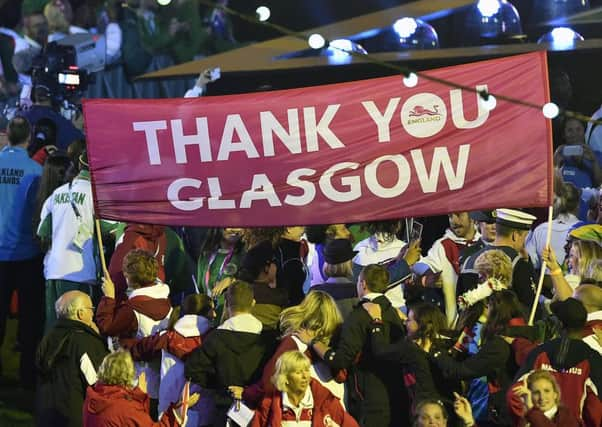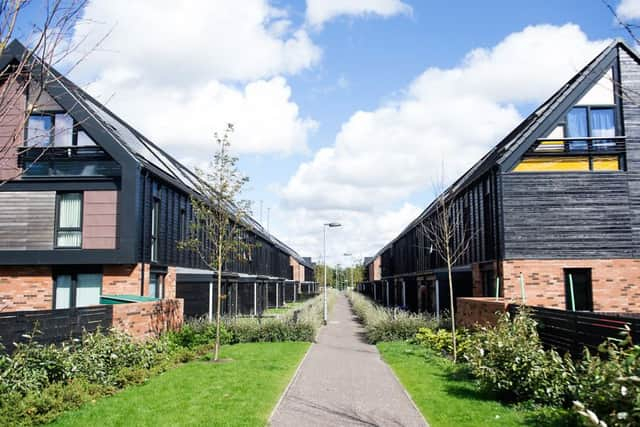Lord Smith: Commonwealth Games promise being delivered
This article contains affiliate links. We may earn a small commission on items purchased through this article, but that does not affect our editorial judgement.


I believe this promise is being delivered, so I was delighted to see City Legacy, the consortium of four Glasgow-based builders who developed the Athletes’ Village, named as one of this year’s Queen’s Award winners. It’s a well-deserved accolade for a project that has been a resounding success, and a high-profile example of the true legacy of the Games – a new community where people can live, work and play.
• READ MORE: Six Scots firms scoop Queen’s Awards for Enterprise
Advertisement
Hide AdAdvertisement
Hide AdThe Queen’s Awards for Enterprise are the pinnacle of all business awards. They’re given to businesses who have achieved great things in innovation, international trade, sustainable development or promoting opportunity through social mobility.


They are not given away lightly; indeed, only six Scottish companies made the grade this year. The Queen’s Award is the 25th award that The Village has won for high-quality design, sustainability, and the role it has played in the area’s regeneration. The Village’s private homes sold out at the start of 2016 – almost two years ahead of what was originally anticipated. Because of the high level of interest, a planning application was recently submitted for 125 new homes that will form Phase 2 of the project.
The Athletes’ Village sits geographically at the centre of Clyde Gateway, a project established in 2008 with a 20-year timeframe to reduce social and economic inequalities in historical communities like Bridgeton, Dalmarnock and Rutherglen. Partnership has been key to Clyde Gateway’s efforts, with Glasgow City Council, South Lanarkshire Council, Scottish Enterprise and the Scottish Government aligning themselves with projects and programmes that are both world-class and sustainable.
Clyde Gateway is less than halfway through its lifetime and my own involvement, as chair, dates from 2015. There is a remarkable physical transformation under way which shows little sign of slowing.


It has all the essential ingredients – great transport links, world-class sporting facilities like the Emirates Arena, a brand new nursery, soon to be joined by a new primary school, and community facilities like the Legacy Hub and the Cuningar Loop woodland park on the doorstep.
A physical regeneration on its own, however, can never be enough. From the very beginning, direct links were made between our wider regeneration activities and jobs and training opportunities. To date, Clyde Gateway has brought around 5,000 new jobs to the local area, of which a quarter have gone to local people. Our efforts to establish Clyde Gateway as a business hub are delivering substantial results.
Advertisement
Hide AdAdvertisement
Hide AdA range of new office and industrial spaces have been constructed, and are around 80 per cent occupied. A diverse range of tenants – creative agency MadeBrave, Peebles Media, Glacier Energy, BT, Police Scotland, SPIE, the University of Glasgow and numerous SMEs – between them support hundreds of jobs.
Construction work is also under way on the first office building at our flagship Magenta office park in Shawfield. The Red Tree business incubator will bring in another 250 jobs – the first of the estimated 12,000 jobs that Magenta will create once its 1.2 million square feet of office space is occupied.
More than 1,800 people have benefited directly from a Clyde Gateway employability programme and over 4,200 residents had involved themselves in some way with Clyde Gateway’s community engagement.
The 2014 Games in Glasgow were described as the best. If things continue as positively as they are now, the legacy of the Games – in terms of being a catalyst for physical, social and economic regeneration – will also turn out to be the very best too.
• Lord Smith of Kelvin is chair of Clyde Gateway